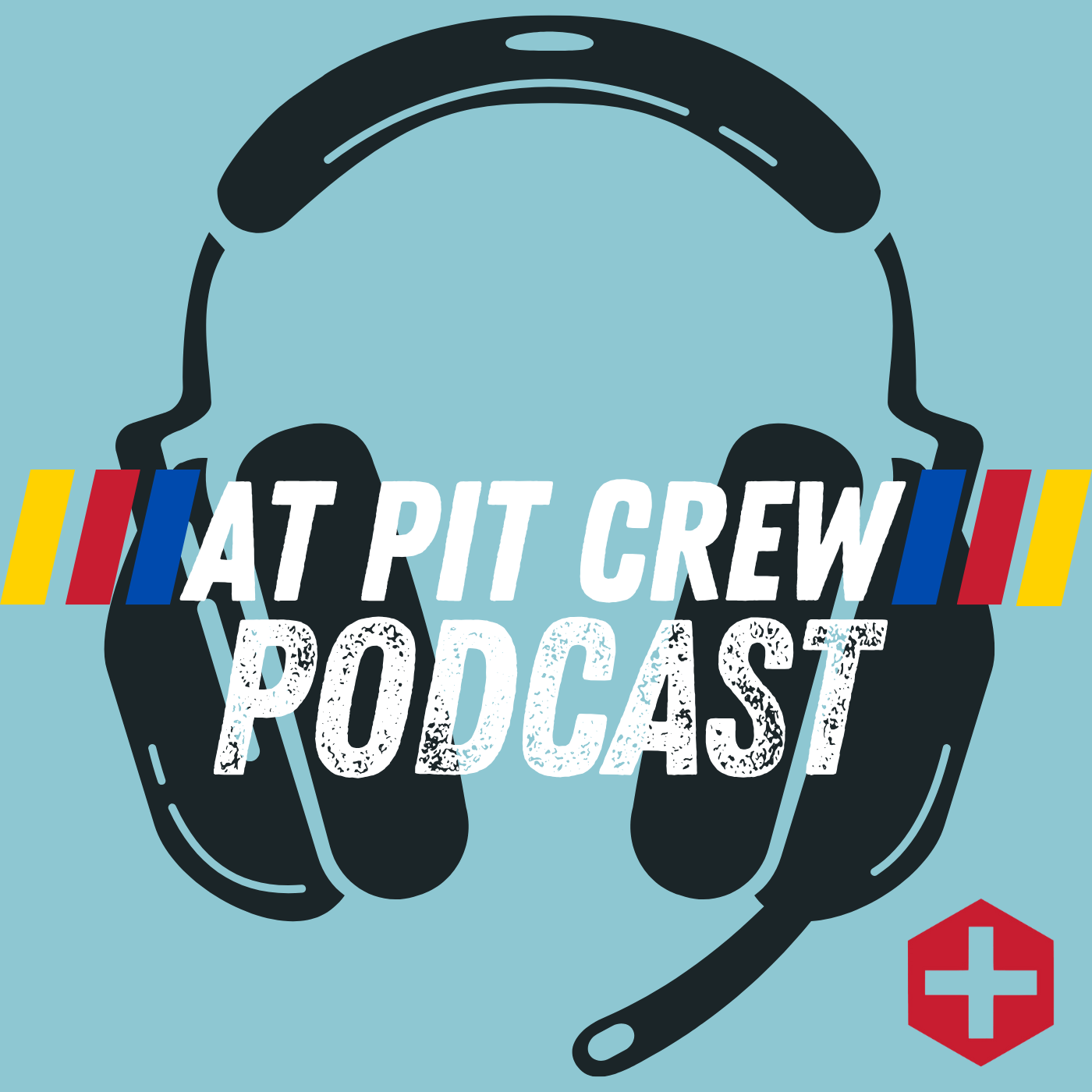Recorded live at the Arkansas Secondary School Interprofessional Sports Emergency Care Course, or "Arkansas ISEC", July 7, 2025, at Cabot High School with guest Cheria McDonald – State School Nurse Consultant, Arkansas Department of Education.
Host Dr. Ray Castle, ATC, NREMT, is joined by Cheria McDonald, the State School Nurse Consultant for the Arkansas Division of Elementary and Secondary Education. Broadcasting from Arkansas ISEC, Ray and Cheria explore the vital and often underrecognized role school nurses play in sports emergency care and Emergency Action Plans (EAPs), especially in rural settings.
This discussion highlights the collaborative importance of school nurses in shaping emergency readiness, bridging gaps where athletic trainers may not be present, and preparing staff for real-life sports and school-based emergencies.
The Expanding Role of School Nurses:
Why school nurses are critical in both day-to-day student health and sports emergency preparedness—especially in districts without full-time athletic trainers.
Integrating Nurses into EAPs:
How school nurses can help create, review, and implement Emergency Action Plans by partnering with athletic trainers, EMS, and school staff.
School Hours vs. After-Hours Coverage:
Addressing the challenge of consistent medical coverage beyond the 7:30–3:00 school day and ensuring all stakeholders know their role during emergencies.
Training the Trainers:
In Arkansas, nurses often train athletic trainers and coaches on medication administration, health histories, and emergency protocols for student-athletes with chronic conditions.
Hands-On Lessons Learned:
Cheria reflects on eye-opening takeaways from the live labs—including the versatility of disaster response cooling bags and insights into face mask removal tools in helmeted athletes.
Fun Fact About Cheria McDonald:
She grew up in her family’s hardware and lumber store and finds the scent of pine and wood calming. When stressed, you’ll likely find her “just smelling the lumber” in the home improvement aisle!
✅ School nurses are vital partners in sports emergency response, especially in rural settings
✅ EAPs must include all medical stakeholders—nurses, ATs, EMS, coaches
✅ Interprofessional education improves student safety and system readiness
✅ School nurses often serve as a consistent medical presence during and beyond school hours
✅ Simple tools and training can make a big impact in emergency readiness
Cheria McDonald
State School Nurse Consultant
Division of Elementary and Secondary Education, Arkansas Department of Education
Champion for student health, emergency preparedness, and interprofessional collaboration across Arkansas schools.
Enjoyed this session?
Subscribe, share, and catch more live episodes at:
www.actionmed.co
The medical information in this episode is for educational purposes only and should not substitute for professional medical advice, diagnosis, or treatment.
Stay prepared. Stay proactive.
See you next time on the AT Pit Crew Podcast!

Episode Description In this special episode, Ray Castle welcomes Ryan Hart to the AT Pit Crew Podcast. Ryan recently joined Action Medicine Consultants as...

**CEU Credit Available** Visit www.CEUnleashed.com to earn CEU credit for this course PLUS 50+ Sports Emergency Care Courses. Annual subscription $4.99/year for ALL courses!...

CEU Credit Available Visit https://courses.ceunleashed.com/ to earn CEU credit for this course and access 50+ Sports Emergency Care Courses. Annual subscription for all courses...